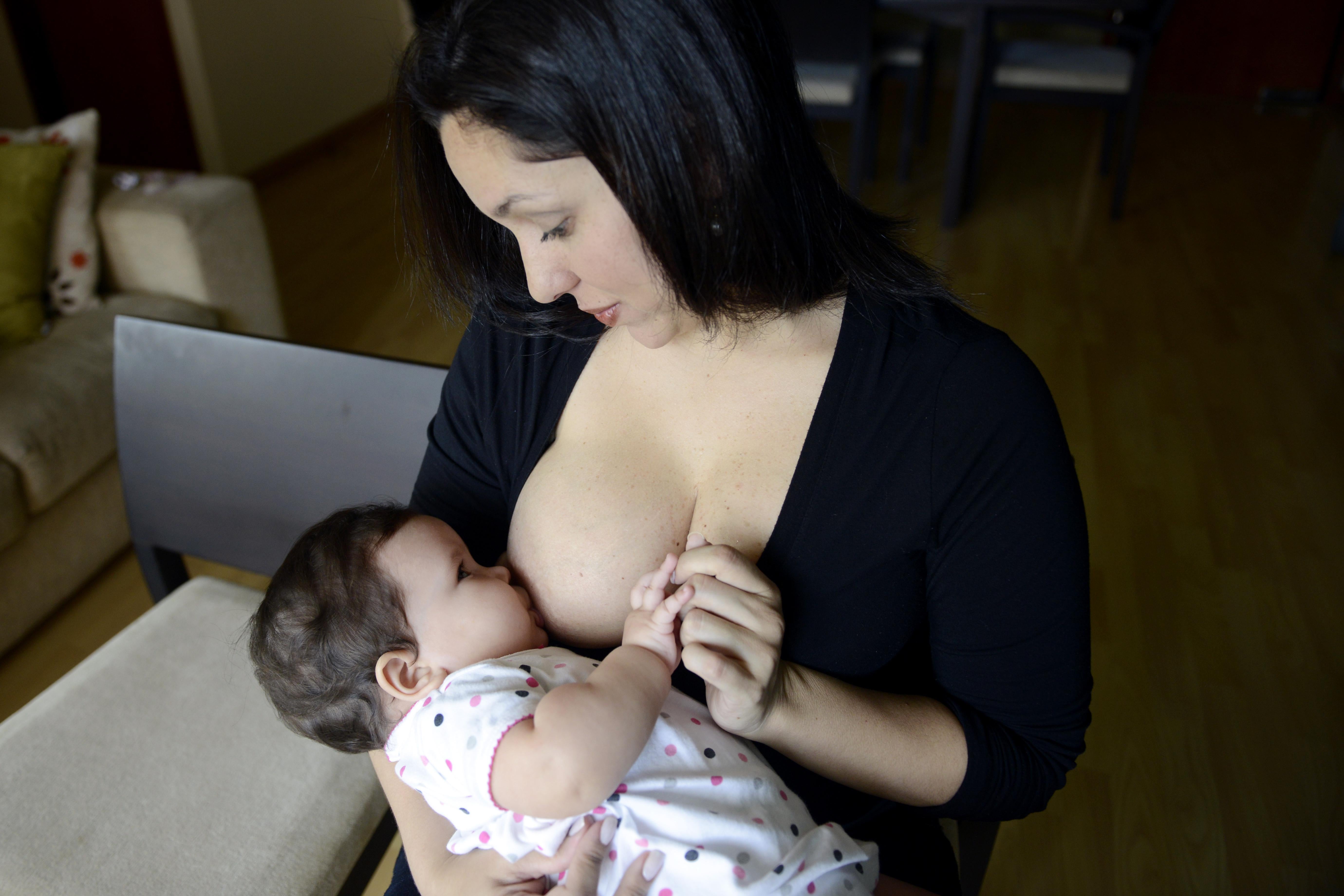These days, the idea that “breast is best” is a given. Even though the scientific evidence is lacking, many people continue to believe that breast milk is a superfood that creates smarter, stronger babies, and mothers should do everything in their power to keep a steady supply coming. (The American Academy of Pediatrics recommends breastfeeding exclusively for the first six months of a baby’s life.) So maybe it’s inevitable that a 21st-century version of wet nursing—or suckling an infant you didn’t give birth to—would return.
Wet nursing has been around in some form throughout most of history, as there have always been infants whose mothers couldn’t feed them—they may have died in childbirth or simply couldn’t produce enough milk. Formula seemed to have killed the practice off, with some help from the breast pump: Now, women with excess supply can express the milk and store it in “milk banks” for other women in need. Elizabeth Currid-Halkett wrote an op-ed in the New York Times today calling on women to donate to these banks. “For those of us who are given generous maternity leaves, who are healthy, who have the extra 10 minutes, or who are genetically disposed to produce surplus breast milk, I say go for it,” she writes. She also calls on activists and government to do more to promote this service.
Currid-Halkett hopes that increased donations to milk banks can help undercut the burgeoning for-profit milk-selling industry, citing companies like Prolacta Bioscience that pay women for breast milk. “This doesn’t seem right to me,” Currid-Halkett writes. “Breast milk donation ought to be more like giving blood, not for profit and not as part-time work.”
Jessica Valenti of the Guardian disagrees, writing, “we can’t be surprised when a market is created for something we continue to tout as near-magical.”
“And if we value women’s bodily autonomy we’re going to have to get comfortable with the choices she makes,” Valenti adds, “whether it’s breastfeeding, formula feeding, or pumping for cash.” I’m inclined to agree with Valenti. “Breast is best” has become common wisdom in part because it neatly fits our romantic vision of motherhood as self-sacrificing—under this (faulty) line of thinking, women shouldn’t making money off an act that epitomizes maternal forebearance.
That said, there’s reason to worry about the long-term effects of commodifying breast milk. Activists for the Black Mothers Breastfeeding Association have written an open letter to Medolac Laboratories, which has been recruiting mothers to sell breast milk in the Detroit area: “Around the country, African-American women face unique economic hardships, and this is no less true in our city. In addition, African American women have been impacted traumatically by historical commodification of our bodies. Given the economic incentives, we are deeply concerned that women will be coerced into diverting milk that they would otherwise feed their own babies.”
It’s hard to begrudge a new mother extra income if she can produce more milk than her baby needs. But it’s also discomfiting to think that we’re on a path where poor women’s bodies are being commodified so that wealthier mothers don’t have to resort to formula.
